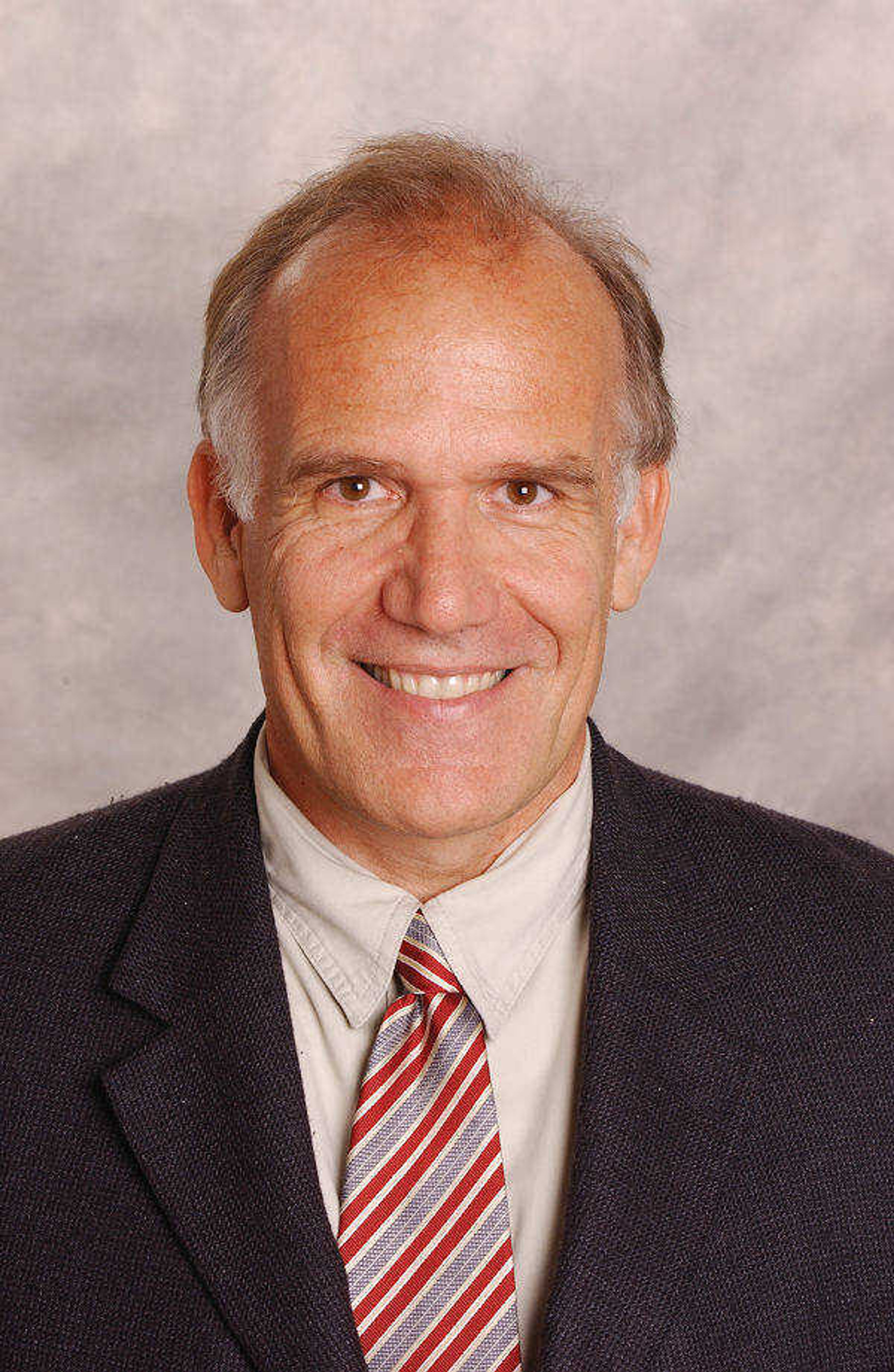Has the military lost Middle America?
Traditionalist and conservative America once was the U.S. military's greatest defender. Bipartisan conservatives in Congress ensured generous Pentagon budgets. When generals, active or retired, became controversial, conservative America usually could be counted on to stick with them...
Traditionalist and conservative America once was the U.S. military's greatest defender.
Bipartisan conservatives in Congress ensured generous Pentagon budgets. When generals, active or retired, became controversial, conservative America usually could be counted on to stick with them.
Flyover country supported marquee officers such as Gen. Michael Hayden, Gen. James Mattis, Gen. Barry McCaffrey, Gen. Stanley McChrystal, Gen. David Petraeus and a host of others when the media went after them for alleged unethical conduct, financial improprieties, spats with the Obama administration, or accusations of using undue force or hiding torture.
When Democrats railed in Congress about the "revolving door" of generals and admirals leaving the Pentagon to land lucrative board memberships with corporate defense contractors, Middle America, rightly or wrongly, mostly yawned.
Yet traditional America also assumed its military leaders were largely apolitical and stayed out of politics. Brilliant World War II commanders Curtis LeMay, Douglas MacArthur and George S. Patton did not fare well when they clumsily waded through the minefields of partisan national politics.
No longer.
The Pentagon's current and past top echelon is seen as politically weaponized -- and both careerist and opportunist. Generals and admirals are currently scanning enlistments for mythical white supremacists, in fear of left-wing pressure following the riot at the U.S. Capitol on Jan. 6. These military officials apparently have no commensurate concern about whether there are antifa-affiliated service members with records of past violence.
We are learning that much of what was reported about that unfortunate Capitol riot was untrue. There were no "armed" insurrectionists with guns, led by conspiracist kingpins. Capitol Police officer Brian Sicknick was not "murdered." Medical examiner Francisco J. Diaz said the autopsy showed no evidence of internal or external injuries. The only violent death was that of an unarmed female military veteran who was shot by a mysteriously unnamed law enforcement officer while climbing through a window.
The tenure of highly decorated Gen. Mark Milley, chairman of the Joint Chiefs of Staff, has proved a veritable train wreck of late. Under pressure from the left, last summer he renounced a photo appearance with then-President Donald Trump as unduly politicizing his service.
OK, but every recent chairman of the Joint Chiefs has routinely appeared with the president in photo ops, if sometimes reluctantly.
Milley was timidly reacting to media claims that Trump sicced federal law enforcement on disruptive protesters with tear gas to ensure calm for his photo op. The inspector general of the Department of the Interior recently exposed such reporting as a fable.
Equally untrue were complaints from Milley and a host of retired officers about Trump tyrannically using federal troops to maintain civic order. Such action has happened repeatedly in our history. For example, Gen. Colin Powell, former head of the Joints Chiefs, commanded the troops sent into Los Angeles in 1992 to quell the rioting that followed the acquittal of L.A. police officers charged in the beating of Rodney King.
Neither Milley nor any of the previously vocal top brass objected to the Biden administration's militarization of Washington, D.C., after Jan. 6. There was not a word about miles of barbed wire and fencing. There was utter silence about the omnipresence of thousands of armed troops throughout the city. Such mobilization was the very scenario they had said would pose an existential threat to democracy.
Gen. Milley was incoherent and paradoxical when pressed about critical race theory -- the belief that racial bias has been encoded in society -- during congressional testimony last week. He bragged that he had read insurrectionary texts by Karl Marx and Mao Zedong to acquaint his open mind with supposed enemies -- as if his inquisitive approach to those subversive authors was analogous to the teaching of critical race theory in the military.
Our top officers reveal inconsistent views on recommended readings, ideological indoctrination and the use of federal troops during domestic crises. They are selective and partisan in their shrill criticism of particular presidents. Some blast political opponents with inflammatory comparisons to Nazis and fascists.
The military's alienation of Middle America could not happen at a worse time. China, Russia, Iran and North Korea watch in glee at our self-created discord, which threatens to tear apart the most lethal military in the world.
The military is not yet a revolutionary people's army overseen by commissars. But it is getting there with politicized agendas that split the country in half and abandon the military's traditional role of unifying in common purpose to defend America.
Victor Davis Hanson is a distinguished fellow of the Center for American Greatness.
Connect with the Southeast Missourian Newsroom:
For corrections to this story or other insights for the editor, click here. To submit a letter to the editor, click here. To learn about the Southeast Missourian’s AI Policy, click here.










